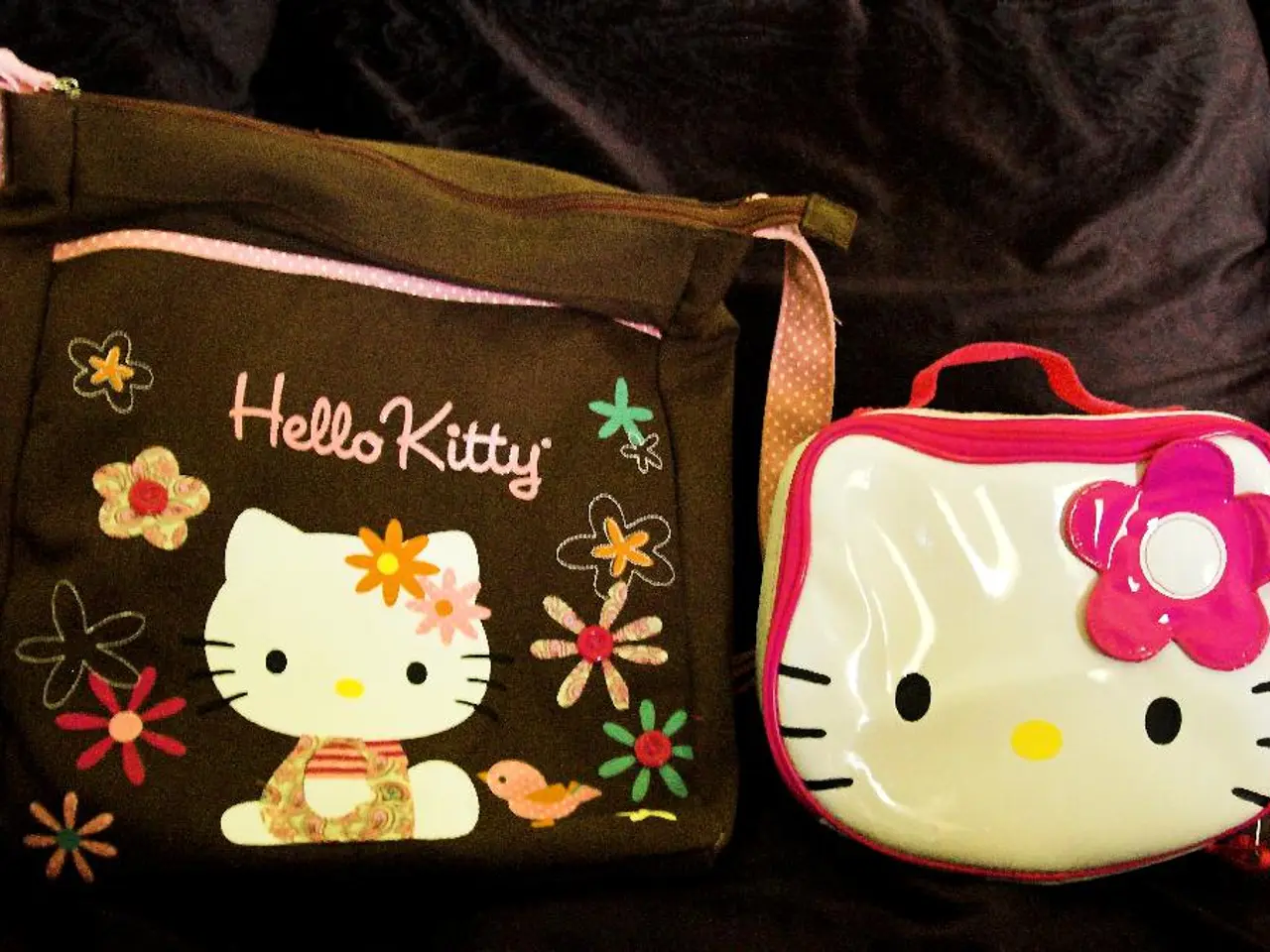EU Exports 37 Million Pieces of Plastic Apparel to Kenya, New Study Reveals
The export of second-hand clothing from the European Union (EU) to Kenya has been a contentious issue, with nearly 17 million items made of plastic-based materials making their way to the African nation in 2021 alone. According to a recent report, over 25 million of these items were waste, and more than 56 million were dirty or unusable, causing serious health and environmental problems, often referred to as "fagia" or junk clothes.
In the past year, over 112 million items of second-hand clothing were sent from the EU to Kenya. Germany was the top exporter, with over 50 million clothing items. Countries such as Belgium, France, the UK, Poland, Hungary, Italy, Lithuania, Estonia, and Ireland accounted for roughly 95% of all second-hand clothing exports from the EU to Kenya.
The report, based on the analysis of 4,000 used clothing items in second-hand markets in Kenya, found that more than one in three pieces of used clothing shipped to Kenya contained plastic and were of low quality, unable to be reused and ending up in landfills.
George Handing-Rolls, head of campaigns at Changing Markets Foundation, proposes transforming the used clothing trade, not shutting it down. He suggests banning recycling companies from exporting junk clothing and implementing rules and limits to ensure that only good quality reusable clothing reaches Kenya.
The cost of clothing in EU countries, as a proportion of household expenditure, has fallen from 30% in the 1950s to 5% in 2020, leading consumers to buy 60% more clothing than they did 15 years ago. The use of synthetic materials such as polyester and nylon for the manufacture of garments has quadrupled since 1980 and now accounts for 69% of the total textile fibers used in the manufacture of clothing.
Kenya has implemented bans or restrictions on the import of second-hand clothes, partly due to concerns about quality and socio-economic impacts on local textile industries. Members of the Textile Recycling Association (TRA) in the EU are required to ensure that only good quality reusable clothing reaches African and other non-OECD countries, implying some standards regarding the condition and type of materials exported, likely including synthetic content.
The EU is introducing Extended Producer Responsibility (EPR) regulations aimed at making producers fund textile collection and recycling efforts domestically, which indirectly affects exports of second-hand materials by pushing for systemic improvements in textile waste. New EPR regulations in the EU intend to enhance recycling and reduce waste, encouraging circular economy principles that strive to minimize textile waste, including synthetic materials in second-hand clothing.
International organizations such as the International Trade Centre (ITC), jointly run by the WTO and UN, are working to build capacity in textile and apparel sectors in developing countries, fostering export competitiveness and sustainable practices through programs like GTEX. There is a growing movement within and beyond the EU to improve the sustainability of fashion by regulating production, export, and design processes to reduce environmental footprints and support ethical trade, as highlighted in emerging EU laws impacting exports and designs relevant to African markets.
Despite bans and regulations, Kenya’s second-hand clothing market remains significant socio-economically, and sustainability efforts seek to balance trade with local economic welfare and environmental considerations. The solution proposed is to transform the used clothing trade, not to shut it down, but to impose rules and limits that prioritize quality, reusability, and sustainability, ensuring that the trade benefits both Kenya and the EU in a responsible and ethical manner.
[1] International Trade Centre (ITC) [2] Changing Markets Foundation [3] European Commission [4] Textile Recycling Association (TRA) [5] Global Textile Exchange (GTEX)
- The International Trade Centre (ITC), a joint organization by the WTO and UN, is working to foster sustainable practices in textile and apparel sectors in developing countries, like Kenya, through programs such as GTEX.
- George Handing-Rolls, head of campaigns at Changing Markets Foundation, advocates for transforming the used clothing trade, not shutting it down, and suggests imposing rules and limits to ensure only good quality, reusable clothing is exported from the EU to countries like Kenya.
- The EU's new Extended Producer Responsibility (EPR) regulations aim to make producers fund textile collection and recycling efforts domestically, which may affect export volume of second-hand materials indirectly by promoting systemic improvements in textile waste management and sustainability.
- The Textile Recycling Association (TRA) in the EU requires its members to ensure that only good quality reusable clothing is exported to African and other non-OECD countries, implying some standards regarding the condition and type of materials exported, which likely include synthetic content.
- Climate-change concerns have led the European Commission to introduce EPR regulations aimed at making producers responsible for textile collection and recycling efforts, encouraging the circular economy principles that strive to minimize textile waste, including synthetic materials in second-hand clothing.
- As the proportion of household expenditure on clothing in EU countries has fallen from 30% in the 1950s to 5% in 2020, industry studies reveal a four-fold increase in the use of synthetic materials like polyester and nylon since 1980, accounting for 69% of the total textile fibers used in clothing manufacturing.




